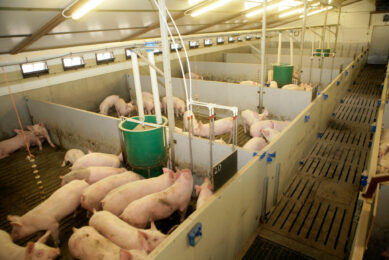Pork products recall case: Northern Ireland company to pay millions of euros in damages
A High Court judge has ordered a Northern Ireland company to pay €38.7 million damages to a Co Wexford company arising from the animal feed contamination which led to the recall of all Irish pork products in 2008.
Irish produce was removed from supermarket shelves throughout the EU as well as in world markets, at an estimated overall cost of €180 million.
Dioxins in pig meat
The recall was ordered after pig meat on a number of farms was found to have had between 80 and 200 times more dioxins than the recognised safety limit. Dioxins were detected in the biscuit feed meal for pigs and cattle.
Judge Peter Kelly ruled Millstream Recycling was entitled to the damages against O’Neill Fuels, which had denied supplying any fuel containing dioxins.
Millstream has claimed the PCBs were contained in oil purchased by it for use in the feed manufacturing. It had not tested the feed for PCBs because these had been banned in the 1970s.
The judge adjourned consideration of the damages issue when, after hearing evidence for Millstream, he assessed damages in the sum of €38.7 million.
Robert Hogg, managing director of Millstream, said his family had been involved in business in the Wexford area for some 50 years.
He said the cause of the contamination of the animal feed products in 2008 was oil supplied by the defendants.
Dioxin levels below limits
No elevated dioxin levels were found in Co Carlow near the site where animal-feed contamination occurred in 2008, according to the Environmental Protection Agency.
The report showed dioxin levels measured in the survey compare favourably with those taken from similar surveys in the EU and other countries.
“A total of 37 samples was taken and the average level was less than 10% of the EU limit,” said Dr Colman Concannon, regional chemist at the EPA office of environmental assessment.
“In 2009, the survey included measurement of dioxin levels in the area of Co Carlow near where the feed contamination incident occurred in 2008,” Dr Concannon added. “No elevated levels of dioxins were recorded.”










